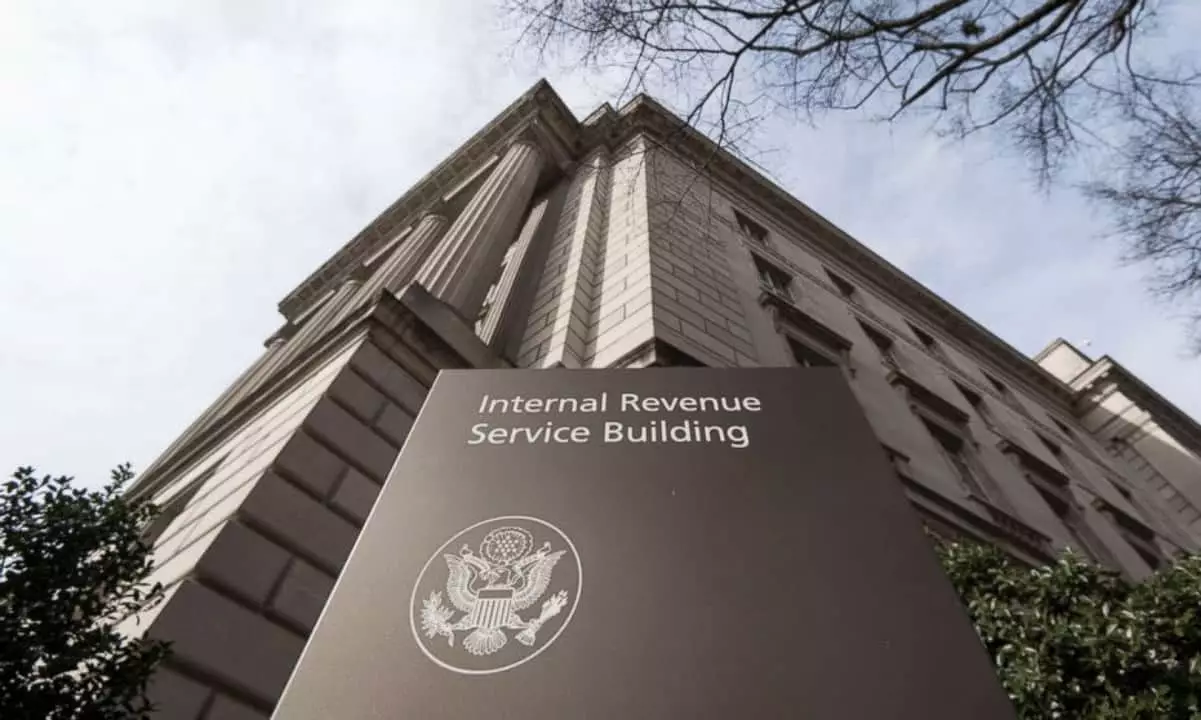The landscape of cryptocurrency investment is set to undergo substantial changes beginning in 2025, as new Internal Revenue Service (IRS) reporting requirements come into play. This regulatory shift will bring centralized exchanges (CEX) under a more stringent scrutiny framework, compelling investors to reevaluate their strategies in regard to compliance and reporting obligations. Understanding these new requirements is crucial for anyone involved in digital asset transactions, as they will significantly impact how taxes are calculated and reported.
Starting in 2025, custodial accounts utilized on platforms like Coinbase and Gemini will require third-party transaction reporting for the first time. The IRS is mandating that brokers, which encompasses a variety of custodial trading platforms, wallet providers, digital kiosks, and select payment processors, report all transactions conducted through their services. This data will be documented on a newly established form, the 1099-DA, which details every purchase and sale of digital assets. Importantly, this information will be sent to both taxpayers and the IRS by early 2026, creating a situation where taxpayers must meticulously integrate these reported figures into their 2025 tax returns.
This development is monumental because it eliminates a level of ambiguity previously associated with reporting digital assets. Prior to this regulation, many investors relied on self-reported figures, often leading to inconsistencies or errors in filings. With the IRS already possessing the data, any discrepancies could raise red flags and trigger audits. This change compels a more disciplined approach to record-keeping and provides less leeway for errors, which could have profound implications for an investor’s tax liabilities.
While the new reporting form will require the reporting of sales and purchases, cost basis reporting—the original price paid for an asset—will not be necessary until the 2026 tax year. The delay in cost basis reporting puts taxpayers in a precarious position as they will need to compute their taxable gains without comprehensive guidance. As Jessalyn Dean from Ledgible aptly points out, the cost basis is essential for accurately assessing gains or losses realized from asset sales, meaning investors could inadvertently underreport or overreport their tax liabilities if they aren’t diligent.
This issue particularly burdens individual investors who may not have retained detailed records of their cryptocurrency purchases across various platforms. Consequently, the burden of proof falls on the taxpayer to demonstrate their investment history if the IRS questions their reported figures.
The reporting requirements for decentralized platforms present a separate timeline. Starting in 2027, transactions conducted through peer-to-peer platforms such as Uniswap or Sushiswap will be subject to third-party reporting. However, unlike custodial exchanges, these platforms will only provide information on the gross proceeds of transactions and will not report the necessary cost basis due to their decentralized nature. This distinction creates additional complexity for users, as they will be responsible for tracking their own purchase prices and losses, furthering the necessity for precise record-keeping.
Investors engaging with Bitcoin exchange-traded funds (ETFs) will also need to adapt to new reporting requirements. ETF providers will issue forms similar to the 1099-B or the 1099-DA that not only report sales proceeds but also account for any taxable events occurring within the fund. This adds another layer of complexity, as taxable gains may arise even if the underlying asset is held for a long duration within the fund structure. Experts, including Dean, recommend that ETF investors consult tax advisers to navigate this multifaceted framework effectively.
In preparation for these significant changes, the IRS has introduced automatic relief measures for centralized finance users impacted by the new tax regulations. This relief ensures that crypto investors do not have to take immediate action, easing the transition to compliance with Section 6045 custodial broker rules. One critical aspect of the new regulations requires users to choose an accounting method with their brokers by 2026. Otherwise, they may be automatically subjected to a first in-first out (FIFO) accounting methodology, which could escalate their tax liabilities and add stress to the financial reporting process.
The forthcoming IRS regulations signify a notable evolution in how cryptocurrency transactions will be taxed and reported. Investors should prepare accordingly, ensuring they understand their responsibilities and maintain meticulous records to support their tax filings. The road ahead appears complex, but proactive steps now can help mitigate future challenges associated with compliance in cryptocurrency investment.


Leave a Reply